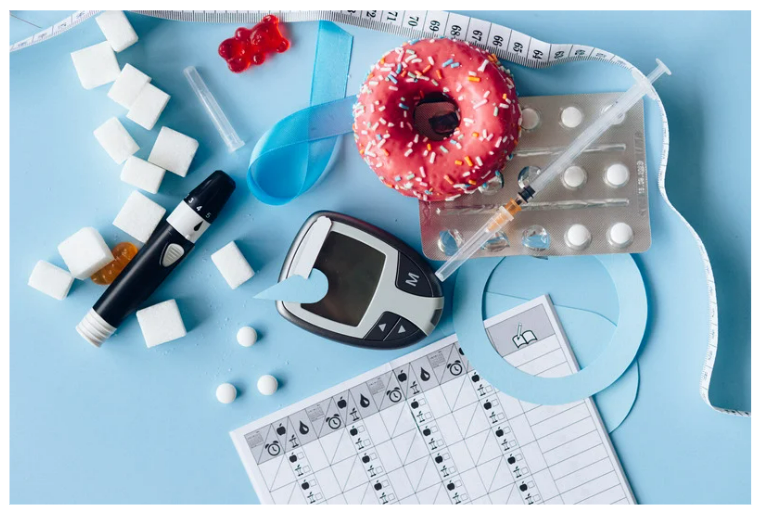By Man Ho Wong et al.
Source Nature
Diabetes-related distress (DRD) refers to the psychological distress specific to living with diabetes. DRD can lead to negative clinical consequences such as poor self-management. By knowing the local prevalence and severity of DRD, primary care teams can improve the DRD evaluation in our daily practice. This was a cross-sectional study conducted in 3 General Out-patient Clinics (GOPCs) from 1 December 2021 to 31 May 2022. A random sample of adult Chinese subjects with T2DM, who regularly followed up in the selected clinic in the past 12 months, were included. DRD was measured by the validated 15-item Chinese version of the Diabetes Distress Scale (CDDS-15). An overall mean score ≥ 2.0 was considered clinically significant. The association of DRD with selected clinical and personal factors was investigated. The study recruited 362 subjects (mean age 64.2 years old, S.D. 9.5) with a variable duration of living with T2DM (median duration 7.0 years, IQR 10.0). The response rate was 90.6%. The median HbA1c was 6.9% (IQR 0.9). More than half (59.4%) of the subjects reported a clinically significant DRD.
Read more https://www.nature.com/articles/s41598-024-61538-w

